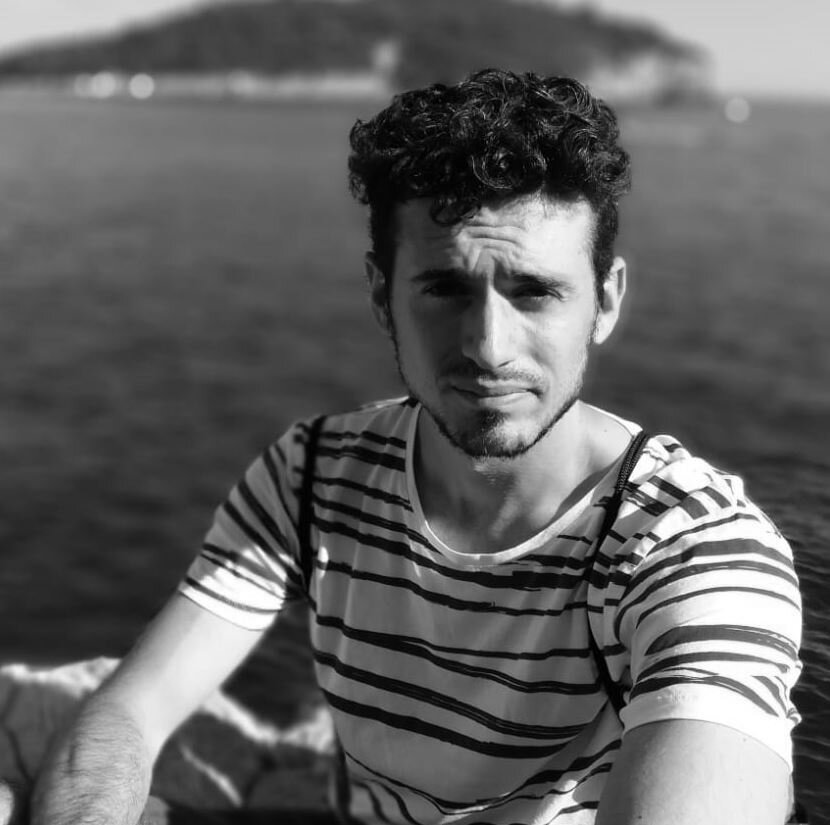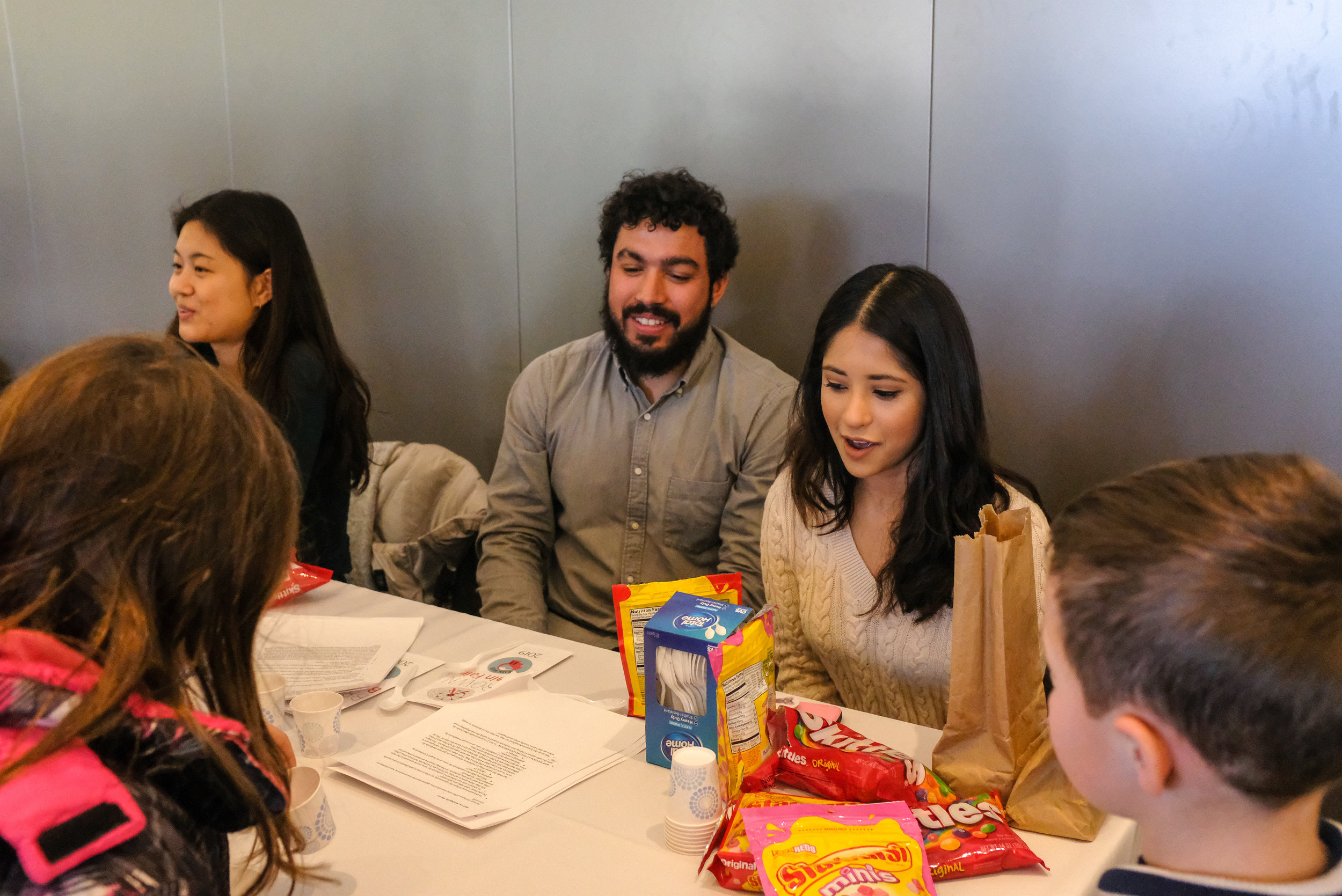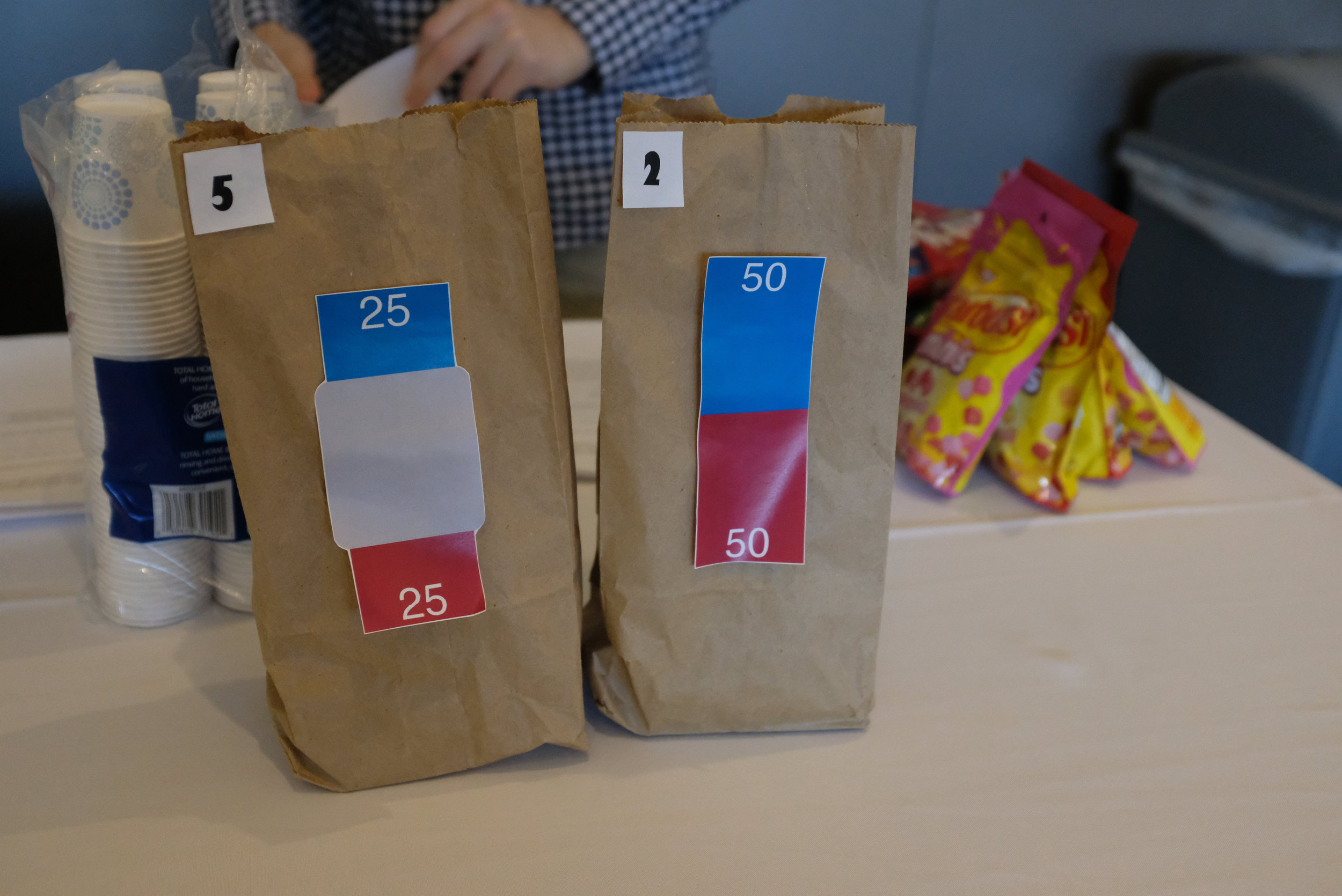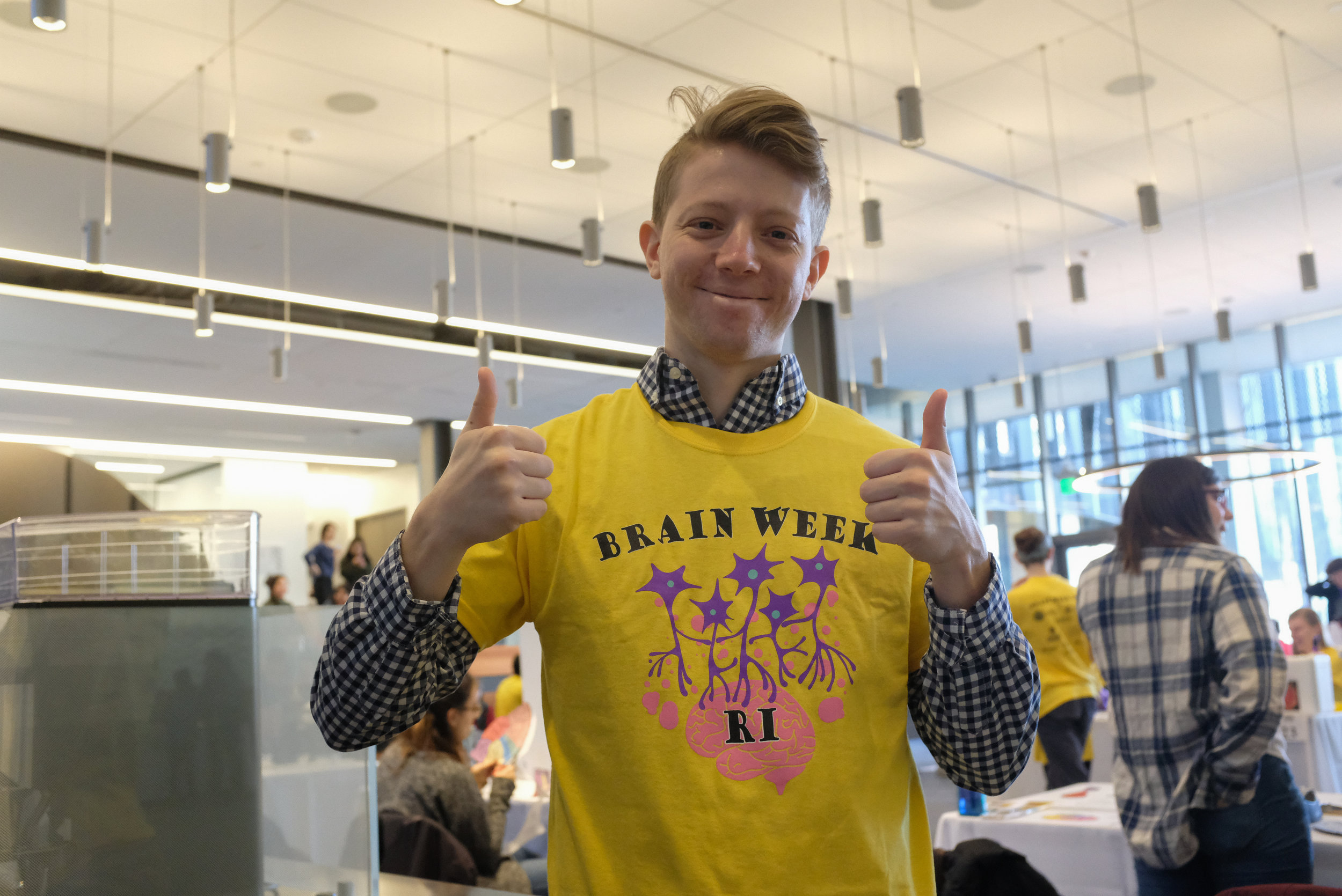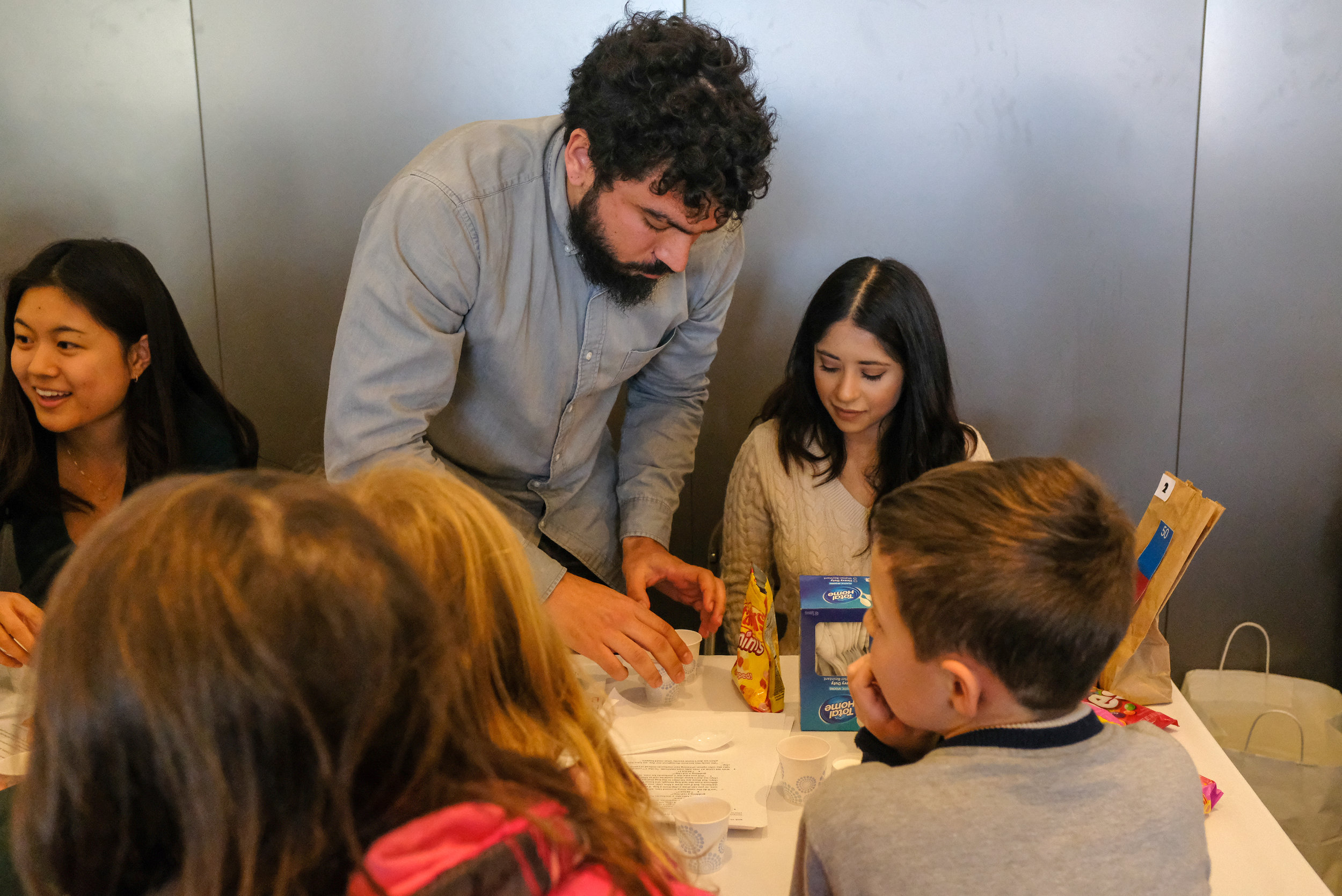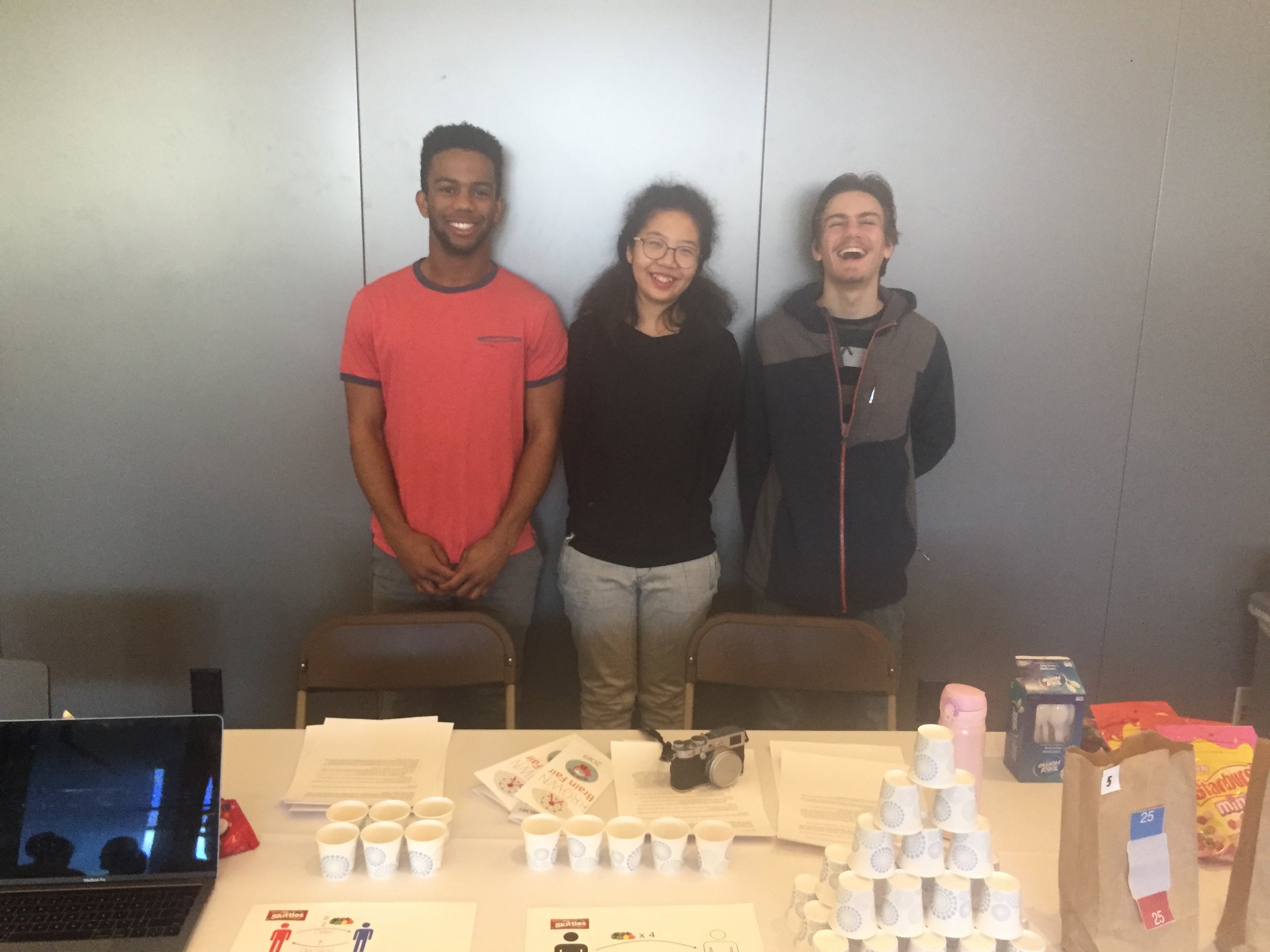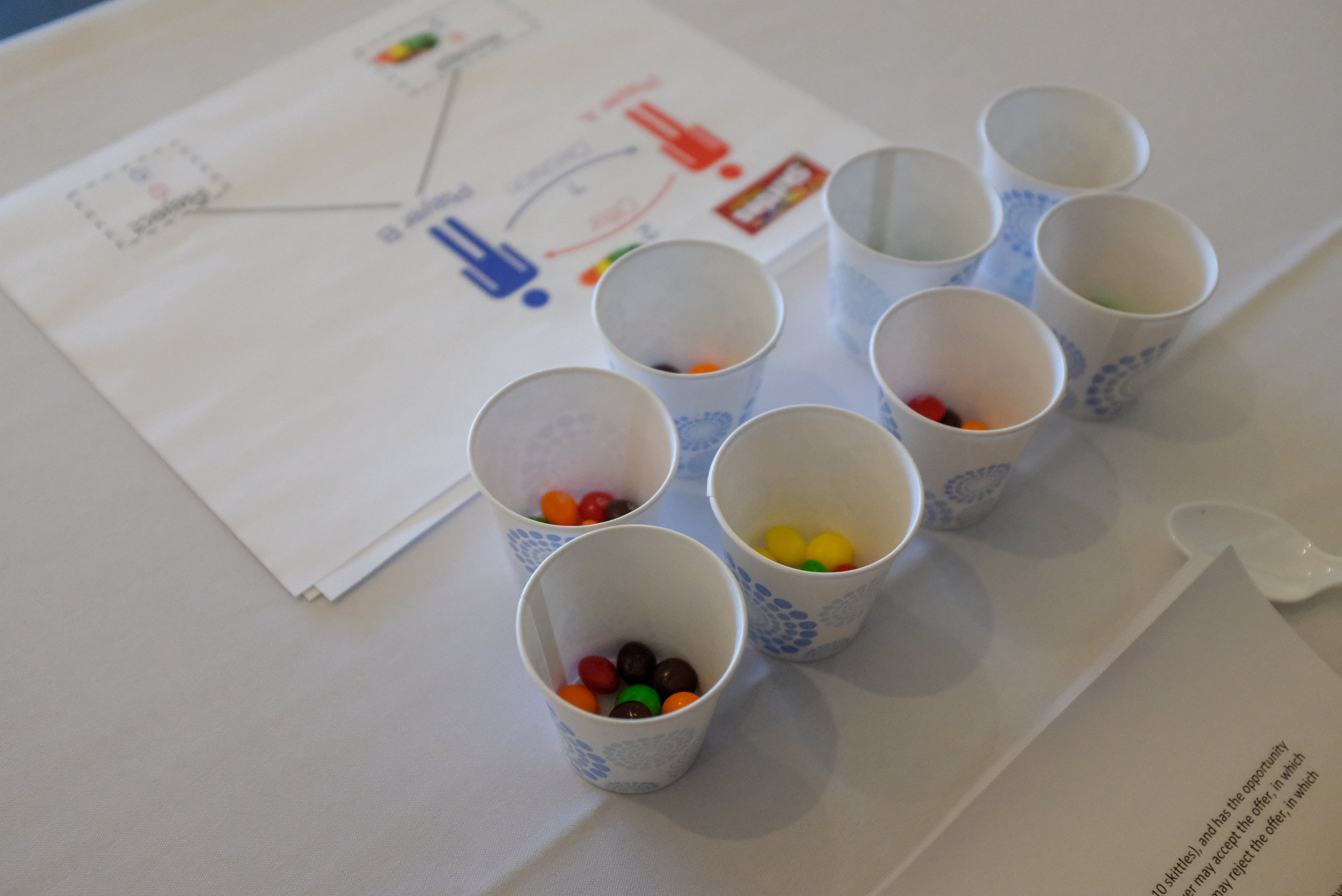By Joseph Heffner & Oriel FeldmanHall
“Economic inequality is at an all-time high in the United States. Some claim that decades of systematic legislation have resulted in the wealthiest three families owning more wealth than the bottom half of the country. This trend is not reflected in other countries with developed economies: out of all 36 countries with comparable economics, the US ranks last in equal income distribution. As a result, we have returned to Great Depression levels of income inequality, and for the first time in American history, the working class pay a higher effective tax rate than billionaires.
The adverse effects of economic inequality are well documented. Across societies, higher rates of inequality are associated with a myriad of health and social problems including obesity, mental illness, decreased life expectancy, and higher crime rates. The World Economic Forum ranked income inequality as one of the most important trends driving global riskssuch as social instability and unemployment. And yet a recent poll shows that less than half of Americans view income inequality as a serious problem. Why don’t people care?
Political scientists, economists, and philosophers have wrestled with this paradox for decades. The answer to this question—at least in part—can be explained by understanding how people experience inequality in their daily lives. Here, we offer one slice of the explanation: the psychology behind inequality perpetuates an unequal system.”
You can check out the rest of their blog post here!



